Did you know that 73% of millennial women consider indoor plants essential for creating their dream home aesthetic?
Yet most of us are making costly mistakes with our plant pot choices! As someone who’s spent years watching friends struggle with lackluster plant displays, I’ve uncovered the exact techniques that high-end interior designers use to create those Instagram-worthy plant arrangements we all envy.
These aren’t your typical “put a plant in a pretty pot” tips – these are the trade secrets that designers typically charge $500+ to share with their exclusive clientele.
Ready to transform your space without breaking the bank?
1. The Layered Height Symphony Technique
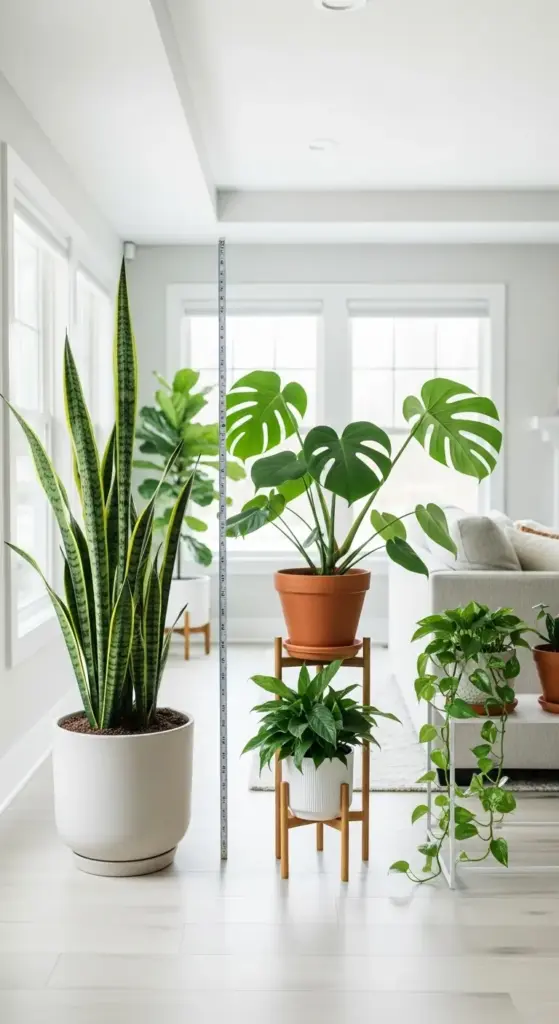
Okay, let me tell you about the biggest mistake I made when I first started getting serious about my plant displays. I thought bigger was always better and just grabbed the tallest plants I could find.
What a disaster that was.
My living room looked like a jungle that had been hit by a tornado. Everything was competing for attention, and nothing looked intentional or designed.
The Rule of Thirds Game-Changer
That’s when my friend Sarah, who works as an interior designer, introduced me to the rule of thirds for plant heights. She explained it like this: imagine your display area divided into three horizontal sections.
Your tallest plants should fill the top third. Your medium plants take the middle section. And your shortest plants anchor the bottom third.
This simple formula completely transformed my space overnight.
I started measuring everything with a tape measure like some kind of plant scientist. For a standard 8-foot ceiling, I aim for tall plants around 4-5 feet, medium ones at 2-3 feet, and short plants under 18 inches.
Specific Pot Size Combinations That Actually Work
Here’s where most people mess up – they focus on the plants but ignore the pot proportions. I learned this the hard way after spending $200 on beautiful plants that looked awkward in mismatched containers.
For tall plants (like fiddle leaf figs or snake plants), use pots that are 14-16 inches in diameter. The pot height should be about 1/3 the total plant height.
Medium plants work best in 8-12 inch pots. Think pothos, monstera deliciosa, or rubber trees in this category.
Small plants shine in 4-8 inch containers. Perfect for succulents, small ferns, or trailing plants on plant stands.
The magic happens when you stick to these ratios religiously.
Why Everyone Gets the Proportions Wrong
I used to think variety meant chaos. Wrong! The biggest mistake people make is using too many different pot sizes without any system.
Visual weight is everything in plant styling. A tiny 4-inch pot next to a massive floor plant creates this weird visual tension that makes your brain uncomfortable.
Another common error? Putting all your tall plants against the walls. This creates what designers call “perimeter syndrome” – everything hugs the edges and the center feels empty.
Best Plant Varieties for Each Height Level
After killing more plants than I care to admit, I’ve figured out which varieties actually thrive in urban apartment conditions at each height level.
Tall plants (4-5 feet): Snake plants are practically indestructible. Fiddle leaf figs if you have bright light. Bird of paradise for that tropical vibe.
Medium plants (2-3 feet): Monstera deliciosa grows like crazy. ZZ plants handle low light like champs. Rubber trees are gorgeous and forgiving.
Short plants (under 18 inches): Pothos trail beautifully from shelves. Peace lilies bloom indoors. Succulents add texture without much fuss.
The key is choosing plants that naturally want to be that size, rather than constantly pruning to force them into your vision.
I learned this after trying to keep a monstera small for two years. It was miserable, I was frustrated, and the plant looked terrible.
Now I work with each plant’s natural growth pattern, and everything looks so much more intentional and healthy.
Ready to discover the secret color psychology method that interior designers use to make plant displays look expensive? Click the next button below – this technique alone saved me from making a $300 mistake with the wrong pot colors!


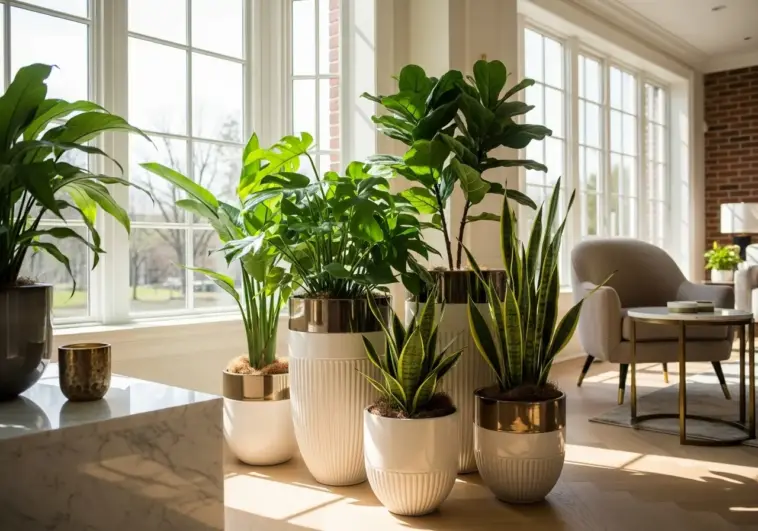



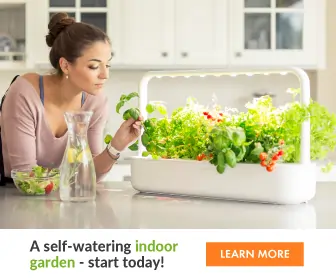

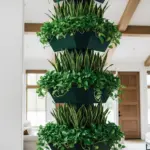
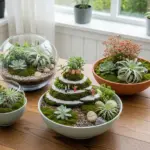
GIPHY App Key not set. Please check settings